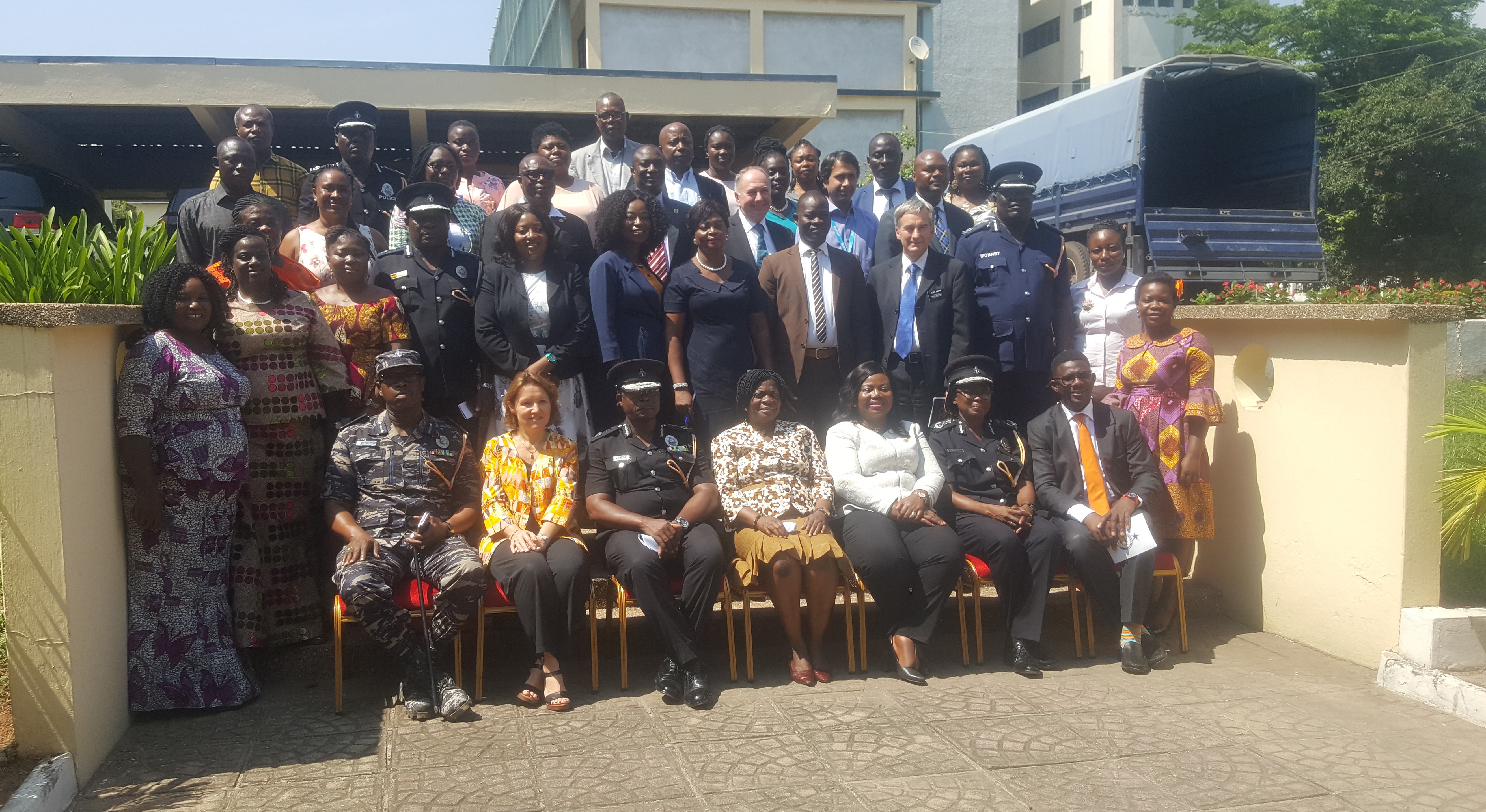Last Tuesday, the Domestic Violence and Victim Support Unit (DOVVSU) of the Ghana Police Service launched its 20th anniversary celebration.
Commemorating the anniversary of such an important unit is good for many reasons one of which, of course, is to evaluate the performance of the personnel since its inception.
Being a human institution, of course, there are bound to be challenges which such occasions offer responses to when these are highlighted appropriately.
Such an occasion also enables us to let people know about the existence of such a unit, appreciate its work and how to interact with it.
For some Ghanaians, it is just one of the offices in the police stations; its special role unknown to them.
It is auspicious that the launch is taking place now, a time when defilement and rape cases have not subsided although we are unable to adduce statistics to that effect.
Indeed in the past year, the media have highlighted stories about fathers impregnating their daughters as well teachers raping their students. Perpetrators of such crimes have had to use force to have their way, the outcome being depression.
Instances of husbands assaulting their wives or vice versa have also been common too. Fatalities have been associated with some cases of domestic violence.
As noted earlier, such issues are matters of law and so the extent to which DOVVSU personnel can act is limited by the prevailing laws of the land.
Members of the public expect so much from personnel when cases are reported to them for action but all these are dependent on the outcome of the investigations conducted prior to suspects being put before courts of competent jurisdiction. Members of the public hardly provide the necessary support in terms of evidence to assist investigations.
Cultural interferences and even ignorance on the part of family elders and opinion leaders have all conspired to make the work of DOVVSU rather difficult.
Many Ghanaians do not understand the position of the law on such crimes: defilement and rape which under the circumstances are not cases which should be handled at home have in many instances had elders asking for them to be handed over to them for management. Those with evidence to suggest they have committed rape and defilement must be brought before the law. That is the position of the law.
We cannot associate ourselves with those who after committing such crimes turn to elders and opinion leaders for intervention.
DOVVSU personnel have under the challenging circumstances made a difference although the balance sheet might state so. Many cases have gone cold because of the difficulties in getting incriminating evidence.
Rape and defilement victims have in some instances washed off incriminating traces of semen and, therefore, making it almost impossible to proceed with investigations that can stand the rigours of court procedures.
The need to educate members of the public and even female pupils and students on how to deal with predating adult males, the aftermath of rape and defilement, should not be overlooked.
DOVVSU even as you celebrate the landmark, we say there is more room for improvement from your end and the controllers of the state kitty.


